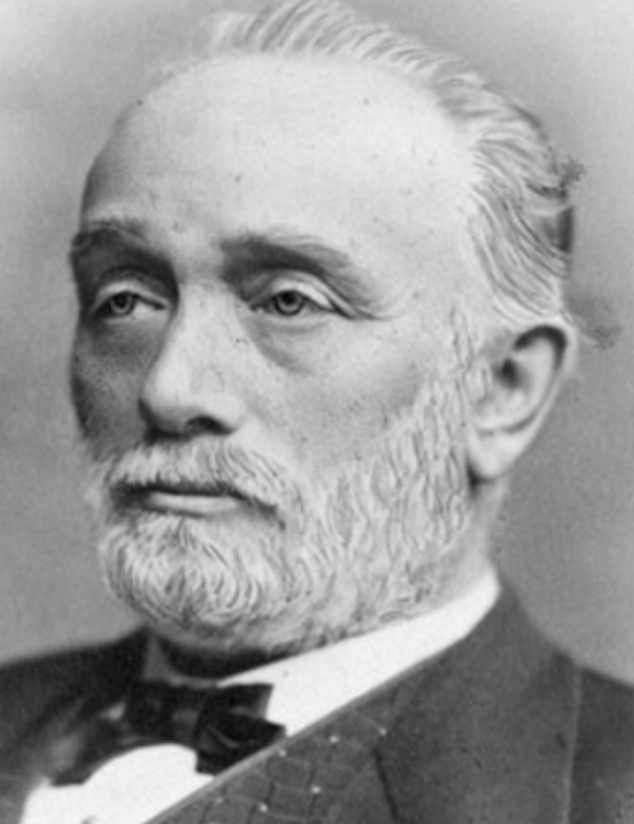On this date in 1824, German physician and philosopher Friedrich Karl Christian Ludwig Buchner was born in Darmstadt, Germany. His father was a physician. Two of his five siblings, writer and playwright Georg and literary historian Alexander, were also freethinkers. His other siblings were Mathilde, the novelist Louise and Wilhelm, a factory owner and parliamentarian. He was educated at the Universities of Giessen, Strassburg, Wurzburg and Vienna. After earning his medical doctorate with honors from Gissen in 1848, he taught medicine at Tubingen University. In 1855 he published his most famous work, Kraft und Stoff (Force and Matter).
This book, because of its scientific, atheistic and rationalist ideas, caused his dismissal at Tubingen, and thus he began practicing medicine in Darmstadt. Force and Matter “made a bold attempt at transforming the then prevailing theory of the world which was based on theological philosophy, and adapting it to the requirements of modern science.” (Preface to Force and Matter, 1855.)
Buchner wrote numerous articles and books, including Nature and Spirit, The Soul of Animals, Man’s Place in Nature, The Idea of God, Darwinism and Socialism and The Influence of Heredity. Considered one of the fathers of scientific materialism in Germany, he traveled and lectured widely, including in the U.S. An obituary in the journal Science by the American Association for the Advancement of Science said: “Buchner was well known for his series of popular works on physical science and the theory of evolution, as well as for numerous contributions to physiology, pathology and other sciences.” (Vol. 9, January-June 1899.)
“[Buchner’s] philosophic and scientific writings entitle him to a foremost place in the gallery of great men who have led the human race out of the bondhouse of superstition to the promised land of reason.” (George Seibel in “Thomas Paine in Germany,” from The Open Court, Vol. 34, January 1920.) (D. 1899)


